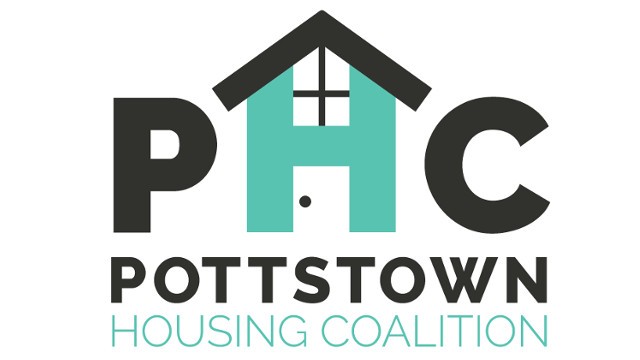Improving credit scores is a very complex issue. There are five main factors that affect a person’s FICO score that include payment history and amount of debt. There are many agencies that help with credit but we recommend that you use an agency that doesn’t charge a fee (or only nominal fees) and has PA Housing Finance Agency (PHFA) approved housing counselors.
One PHA member that has a PHFA and HUD approved Housing Counselor is Genesis Housing Corporation. Genesis Housing teaches a free (two-hour) class on Understanding Credit breaking down this topic into understandable language. Following the class, Genesis Housing encourages every student to set up an individual session to review your credit report in detail and develop a Plan of Action for the next 6-9 months. This usually ties together a Money Management Strategy as well. Since these topics are closely related, Genesis Housing usually recommends the Money Management class that covers topics related to spending (all spending, not just bill paying) and why families at many different income levels often seem to struggle financially.
There are also member agencies that offer programs to improve financial literacy including Habitat for Humanity’s Almost Home Program and the Pottstown Cluster’s UP3 program.
Habitat for Humanity’s Almost Home Program focuses on overall behavior change and helps families set goals, learn skills and change financial behaviors. Habitat for Humanity provides a supportive class environment in which families motivate each other and hold each other accountable. In addition to group classes, each family has a financial coach to help create an individual success plan focused on the family’s financial and housing goals. The coach meets with families for a minimum of four hours over the 8-week course and continues for five to six months after the classes are over. Topics in Almost Home include budgeting, credit, cash flow, debt, project management, dealing with legal issues, planning for retirement, managing student loans, purchasing insurance, writing a resume, obtaining employment and buying a home.
The Pottstown Cluster of Religious Communities’ UP3 program, “Understanding Poverty to Plan and Persevere,” is an initiative that allows for a “kitchen-table” discussion-style investigation to forge stability through establishing partnerships and by bridging social capital within their community. The workshop convenes for 16 consecutive weeks for three hours each week, and is conducted by a trained facilitator. Many graduates of PCRC’s UP3 program have succeeded in reaching their individualized goals and plans, and have forged further stability in their lives
